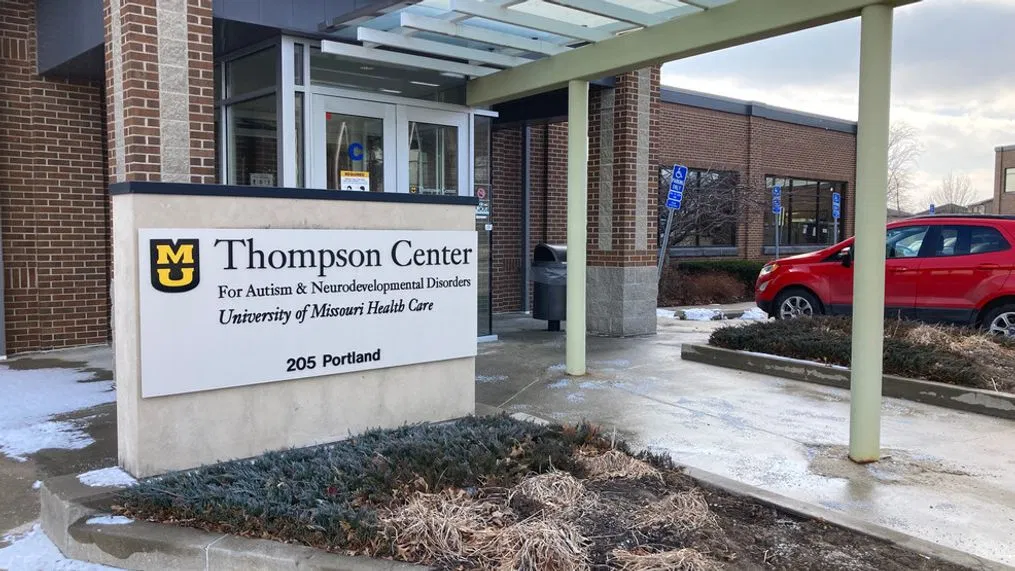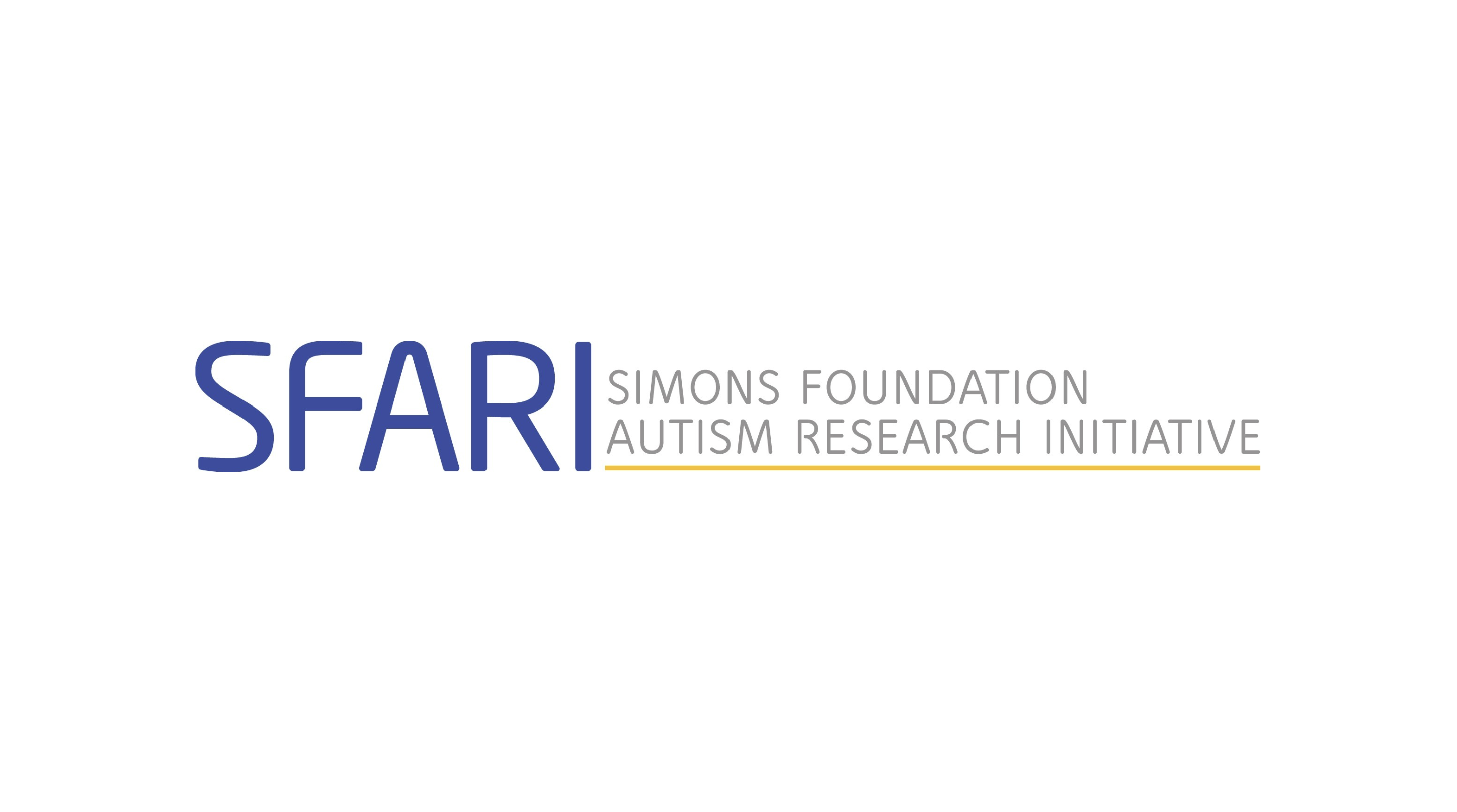BlinkLab Adds University of Missouri’s Thompson Center as Sixth Clinical Site for FDA Trial
Marking another step toward FDA clearance for its autism diagnostic tool.

Highlights:
- Specialised Autism Center Engaged: BlinkLab has now partnered with theThompson Center for Autism & Neurodevelopment as a clinical research site for the main study phase of its pivotal FDA 510(k) diagnostic trial.
- Leaders in Neurodevelopmental Disorder Care: The Thompson Center is widely recognised as a leading clinical destination and resource hub for Neurodevelopment Disorders in the United States’ Midwest.
- Main Study Phase: The main phase of the FDA trial for BlinkLab Dx 1 will proceed following the initial pilot phase, which is approaching completion with results expected in the near term.
- FDA 510(k) Submission: The FDA 510(k) trial for BlinkLab Dx 1 aimed at autism is expected to be completed in Q2 of CY2026, with its final submission to the FDA anticipated in Q3 of CY2026.
BlinkLab Limited (ASX:BB1) (“BlinkLab”, or the “Company”), a leading digital healthcare company focused on AI-powered diagnostics, is pleased to announce it has engaged The University of Missouri Thompson Center for Autism & Neurodevelopment (“Thompson Center”) to serve as a clinical research site as part of its ongoing FDA 510(k) diagnostic trial for BlinkLab Dx 1, its smartphone-based diagnostic aid for detecting autism spectrum disorder.
Commenting on the new engagement, BlinkLab Co-founder and CEO, Dr HenkJan Boele, stated:
“We are proud to have leading experts like those at the Thompson Center join our pivotal study. Having such highly respected key opinion leaders involved with our study is important for meeting the highest scientific and clinical standards, as well as for supporting the path to successful adoption and commercialization of BlinkLabDx 1.”
About The Thompson Center for Autism & Neurodevelopment
The Thompson Center, a part of The University of Missouri (“MU”), is a leading provider of comprehensive services for individuals and families living with autism and other (more rare) neurodevelopmental conditions. The Center is widely recognised as a leading institution in the Midwest for its integration of clinical care programs, educational programs and resources, cutting-edge research, and public policy initiatives that support patients and their families. The Thompson Center offers a range of services tailored to neurodevelopmental conditions, including diagnostic and evaluation services for initial diagnoses among children with specialised practitioners and specialty clinics, as well as expert scientists aiming to aid in enhancing diagnostic precision and the discovery of new evidence-based interventions borne from cutting-edge research. Research and even training forms a central part of the Thompson Center’s focus, making it an ideal clinical research partner for BlinkLab to improve diagnostic and treatment modalities for these conditions.

About the FDA 510(k) Registrational Trial
BlinkLab is in the midst of its FDA 510(k) trial, seeking clearance for its smartphone-based diagnostic tool, BlinkLab Dx 1. This registrational study will aim to gain approval for the diagnostic aid, which is designed to assist in the detection of autism. The 510(k) study aims to prove the tool's safety and effectiveness against current methods for the diagnosis of autism.
BlinkLab is currently expanding its clinical sites where it will conduct the research and collect data for the main study phase of the trial leading to its FDA submission, aiming to engage institutions that will assist in the Company’s prioritization for research and data quality, as well as diversity in participants.
The double-blinded study consists of child participants watching videos on the smartphone based BlinkLab app, while its machine learning and computer vision technology monitors subtle (often reflex-based) behaviours such as blinking and small facial expressions in order to identify biomarkers that can indicate autism. BlinkLab Dx 1's results will be compared with traditional diagnosis methods for the accuracy of its technology and ability to detect these biomarkers.
The study will enroll a minimum of 260 children diagnosed with autism and 260 neurotypical children, with enrolment reaching up to a potential 900 children in total. BlinkLab’s 510(k)study is expected to be completed in Q2 of CY2026 with the final submission to the US Food & Drug Administration (FDA) expected in Q3 of CY2026 for BlinkLab Dx 1.
Invest in BlinkLab
Interested in joining BlinkLab’s growth journey? Explore our Investor Centre.




%20SMALL.jpg)